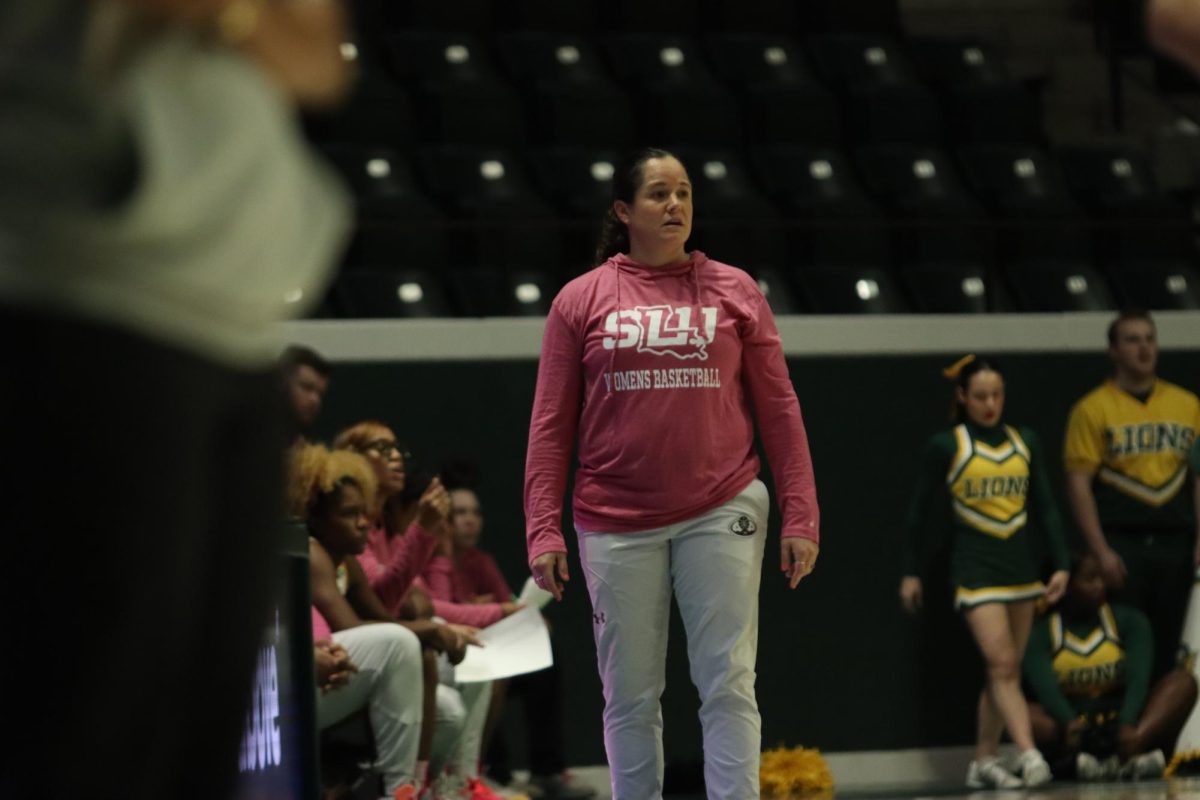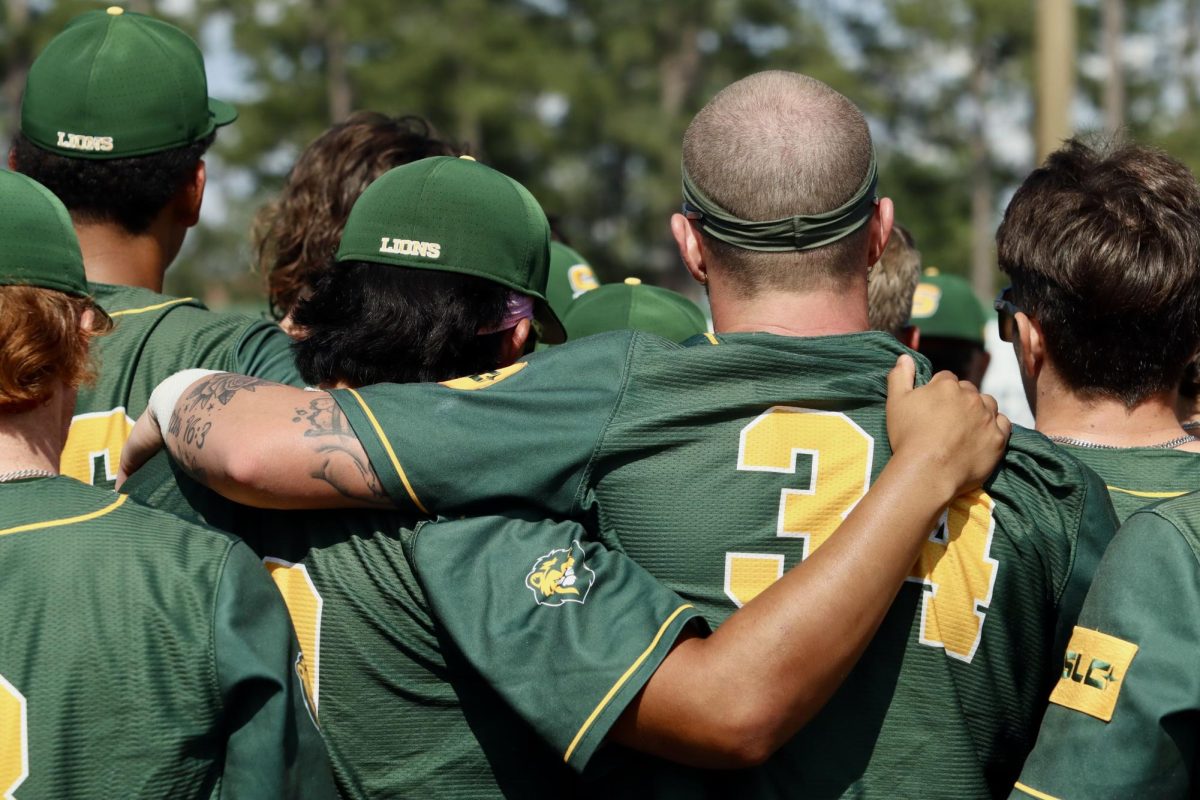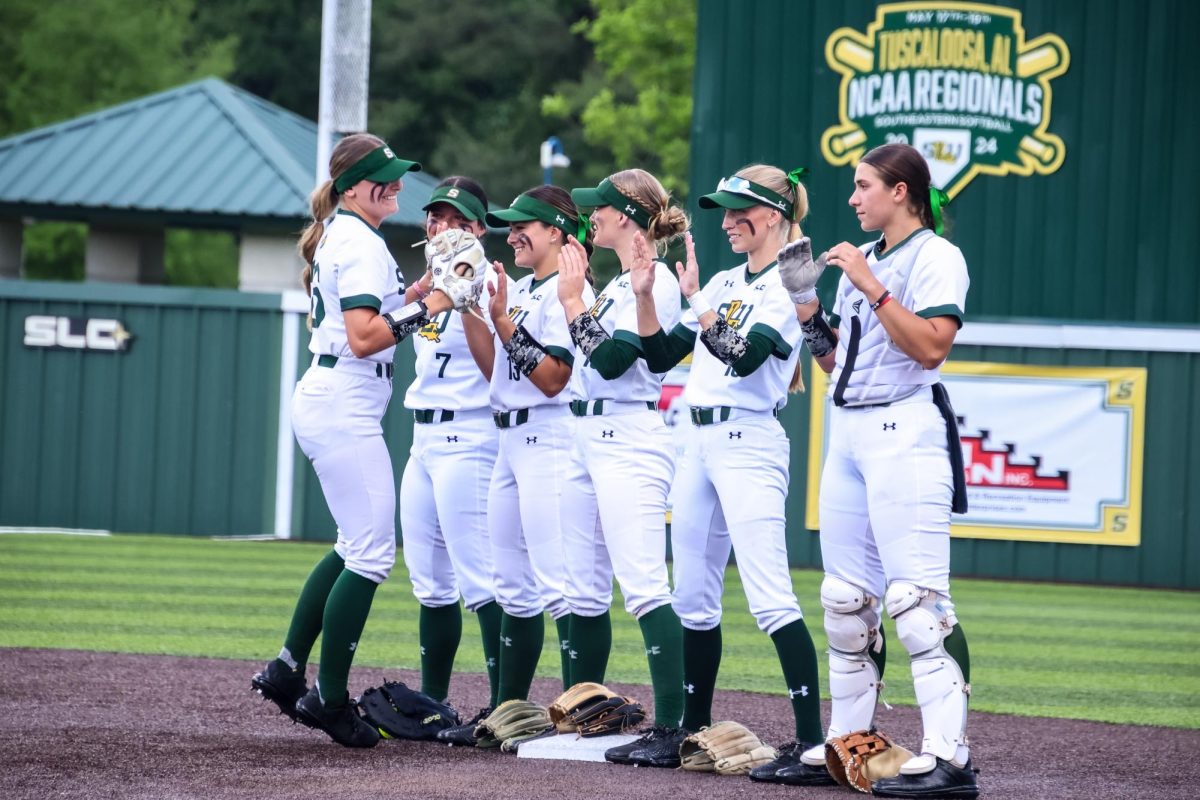Being a student-athletes requires commitment and dedication to a sport, but some athletes may decide to pursue different paths for multiple reasons.
Adam Sevario, a senior business management major and a former university baseball player, explained how the schedule for a student-athlete can become a major issue.
“The reason that I have decided to step away from the game is something that goes overlooked in collegiate sports,” said Sevario. “Playing sports in college takes a physical and mental toll on you. In college sports, people look at athletes for what they do stats wise. No one ever looks at the amount of practice, weights, community service, and on top of that, keeping up your grades in the classroom.”
Injuries can also factor into an athlete’s decision to quit playing their sport.
“I have also been playing through a serious non-related baseball injury since my senior season when I broke my back, which required spinal fusion surgery,” shared Sevario. “I also suffered a broken bone in my hand freshman season and had to undergo surgery in September 2018 on my left wrist with three torn ligaments.”
Gabrielle Anderson, a sophomore family and consumer sciences major, discussed what led her to step away from soccer in spring 2018.
“One was because I have had two ACL surgeries,” expressed Anderson. “So, I didn’t think physically my knees would last all four years. It also was because soccer is like a job, and with trying to balance it out with everything, I didn’t want to risk my knees in the future.”
Although she misses being on the team, Anderson does not regret her decision.
“I do miss the team, coaches and friends,” shared Anderson. “But for me, it turned into a hobby, and I didn’t think that was very fair for others when some people put in their blood, sweat and everything.”
Brett Olivier, a senior computer science major, quit cross country and track and field due to ineligibility.
“It wasn’t really my choice,” stated Olivier. “The real reason I’m no longer on the team is because I’m in my sixth year of college and thus had no remaining NCAA eligibility. They allow you five years to complete four seasons.”
For some athletes, maintaining a sufficient income may become a struggle due to collegiate athletics.
“I’m sure close to half, or more, student-athletes are walk-ons, or they’re not really compensated for their time much,” commented Olivier. “So, it might get extremely hard to afford day-to-day life if athletics take up your opportunity to work a real job and make some money.”
Other student-athletes may feel they are not seeing enough improvement in their performance and decide to leave the game.
“I know a friend of mine who left one of the teams because even though they were accepted on the team, they didn’t get a lot of attention from the coach because they weren’t really one of the best,” said Olivier. “He didn’t feel like being on the team was really beneficial for his growth as an athlete anymore because he wasn’t getting the attention as other players.”
According to Olivier, there is plenty of room for future success for athletes who choose to quit playing for the university.
“If there are other athletes in a similar position, just know that college athletics aren’t the end-all-be-all,” expressed Olivier. “There’s always going to be something you can do on your own, even if it’s not with one team, if you’re dedicated enough.”








